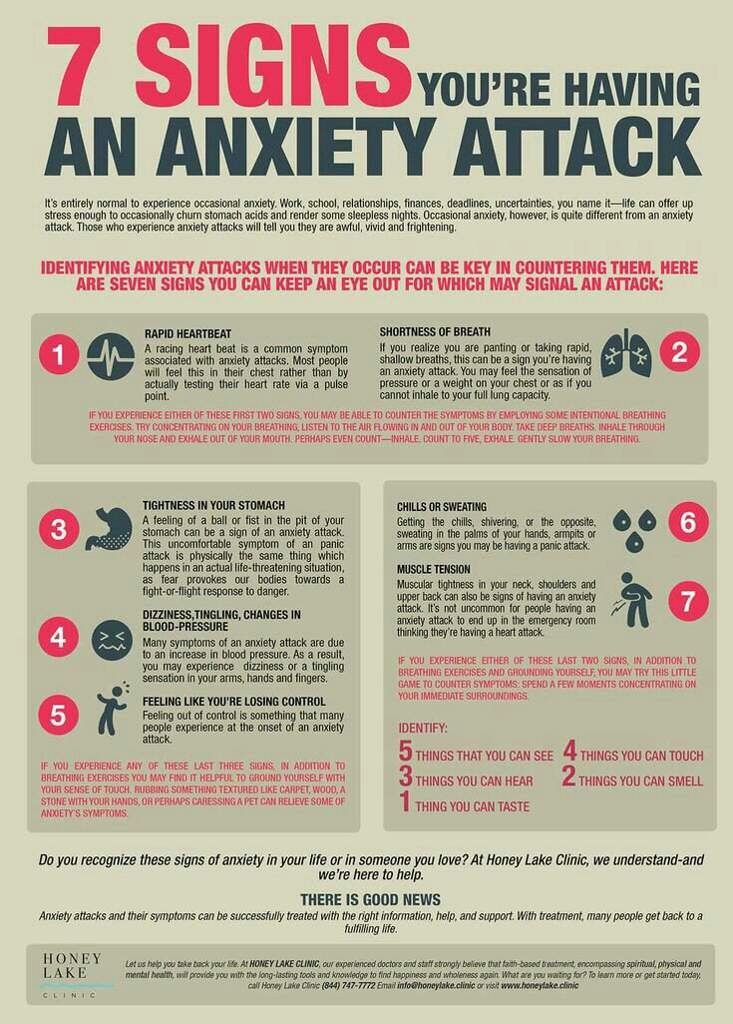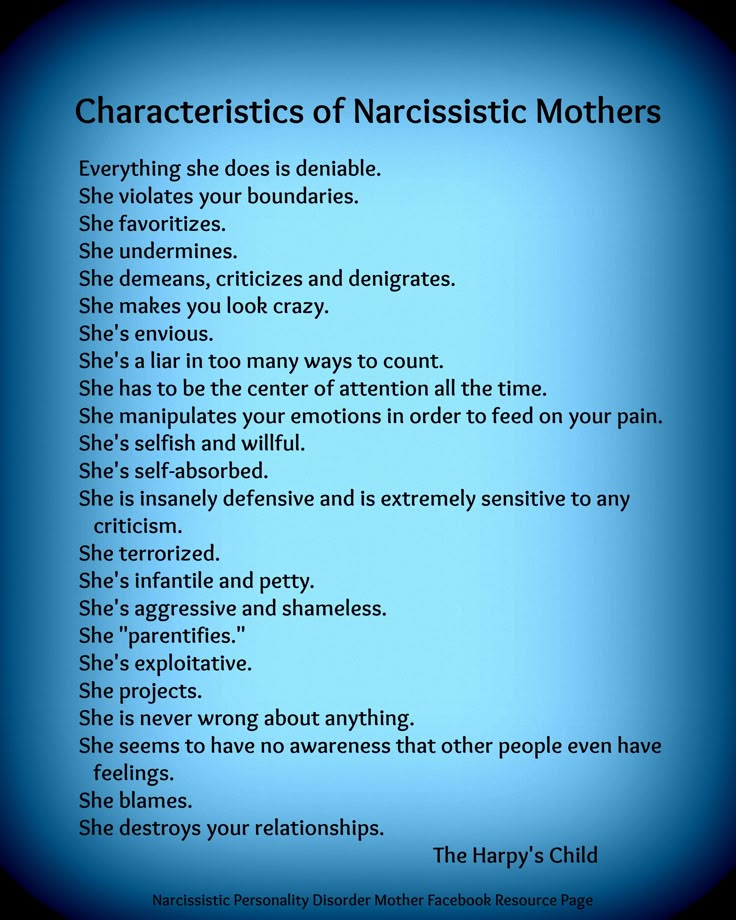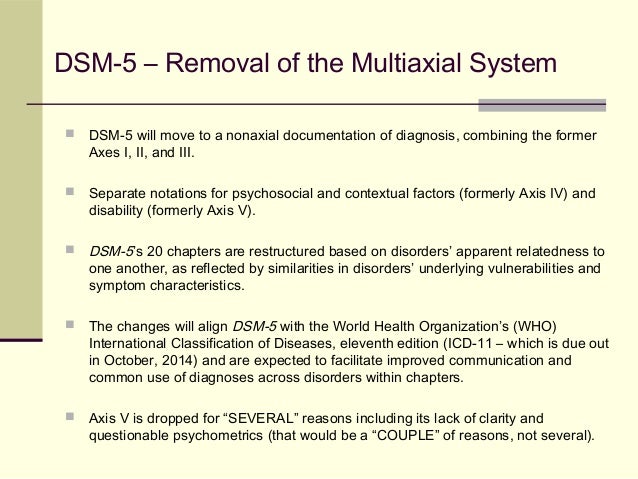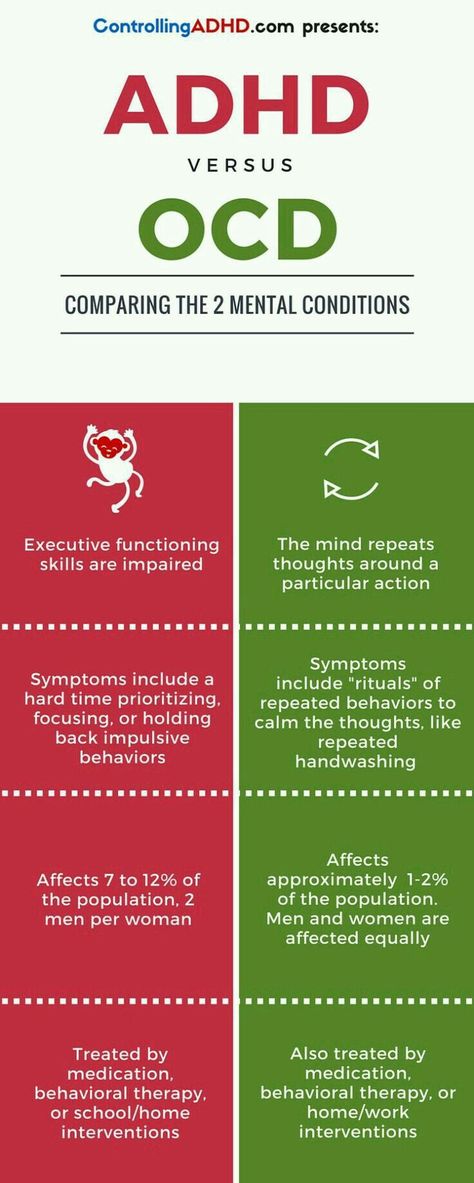How to cure trust issues in a relationship
Do I have trust issues? Getting over trust issues in a relationship
Trust issues are characterized by fear of betrayal, abandonment, or manipulation. And this fear is often triggered as a result of betrayal (such as infidelity), abandonment (think: leaving a child or foregoing a relationship with them), or manipulation (for example, dishonesty or gaslighting).
If you’re reading this, it’s possible that someone you trusted — a partner, a parent, or even a doctor — mistreated you or let you down. And as a result, you struggle to trust others. Or, in other words, you have trust issues.
Many people can pinpoint the event or relationship in question, but others struggle. And most (if not all) struggle to overcome their trust issues. However, it isn’t impossible. If you’re struggling with trust issues, you can work to trust again by following a few steps. But first, let’s start from the beginning: What exactly is trust?
What Is Trust?Trust is the belief in the reliability and truth of another person. It’s how we subjectively measure the integrity and honesty of others — those who can be counted on to do what is right. However, sometimes we aren’t certain who to trust, how much to trust, and when not to trust.
To recap what we said earlier: When someone has trust issues, they have an extremely difficult time trusting others — and often because someone has betrayed their trust in the past. Here are additional signs and symptoms of trust issues:
- They assume betrayal. Those with trust issues assume someone has betrayed their trust even if they have no rightful reasoning.
- They anticipate betrayal. People with trust issues often assume someone will betray them soon enough, despite how honest they have been in the past.
- They’re overly protective. Those with trust issues are usually very protective of their loved ones, out of fear that they will become disloyal.
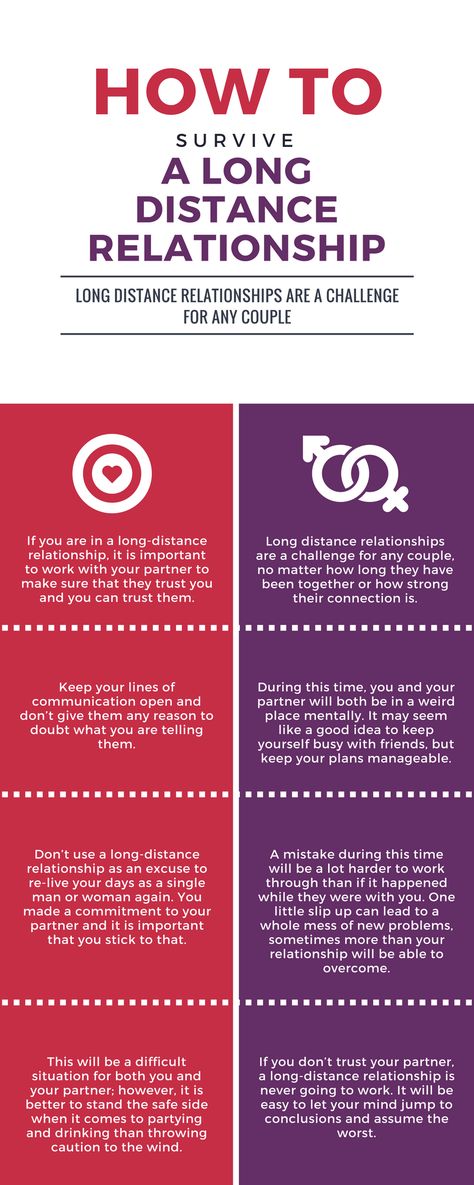
- They distance themselves from others. People with trust issues decide it’s best to limit their relationships to avoid betrayal or abandonment.
- They avoid commitment. No matter how much they care for someone, people with trust issues refuse to commit.
- They refuse to forgive (even the smallest mistakes). Those with trust issues are quick to make a big deal out of nothing — it’s the end of the world if someone makes the slightest mistake.
- They’re excessively wary of people. People with trust issues are extremely cautious and suspicious of everyone they meet.
- They feel lonely or depressed. Those with trust issues isolate themselves from others and feel lonely or depressed as a result.
Earlier, we said that trust issues are often caused by an act of betrayal, abandonment, or manipulation.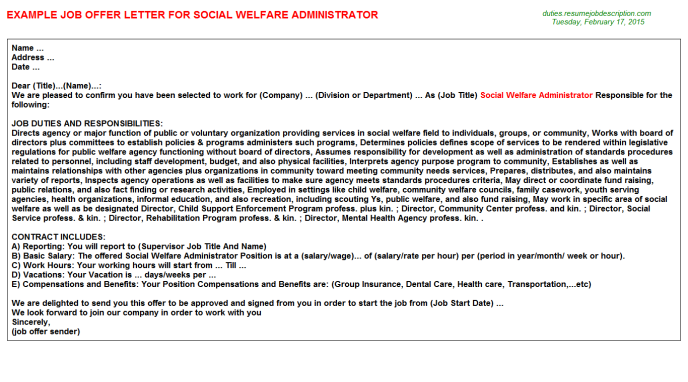 But what are the most common examples of these wrongdoings that lead to trust issues?
But what are the most common examples of these wrongdoings that lead to trust issues?
- Infidelity: Again, infidelity is an example of betrayal that can trigger trust issues. Many people view this as the ultimate form of betrayal. While it’s possible to repair a relationship after infidelity, often the relationship ends and the victim of the infidelity develops trust issues, which impact future relationships.
- Manipulation or mistreatment: If a past partner or loved one manipulated or mistreated you, you’re also at an increased risk for trust issues. Examples include dishonesty, gaslighting, passive-aggressive behavior, and keeping you isolated from others.
- Childhood trauma: Adverse experiences in childhood are also likely to cause trust issues. Examples include abuse or abandonment (by one or more caregivers).
- Other forms of trauma: Trauma later in life can also lead to trust issues.
 For example, you might struggle to trust healthcare professionals because of a firsthand or secondhand traumatic experience with a previous doctor. Think: Getting misdiagnosed with a serious illness.
For example, you might struggle to trust healthcare professionals because of a firsthand or secondhand traumatic experience with a previous doctor. Think: Getting misdiagnosed with a serious illness. - Parental divorce or conflicts: If you have divorced parents, you may also be more likely to develop trust issues, especially in your romantic relationships. On the other hand, if your parents argue(d) a lot and you’ve witnessed an up and down relationship, you might’ve developed trust issues as a result.
Once someone experiences a betrayal, their trust issues may impact their ability to avoid internalizing that experience—they may blame themselves, and feel less confident in the future. This can impact their ability to trust because they may feel “undeserving”, and instead of fostering a healthy connection, a person with trust issues may be constantly on guard, waiting for the other shoe to drop, so to speak.
The Importance of Trust in Romantic RelationshipsIn most cases, our romantic relationships suffer the most from our trust issues — whether they’ve resulted from betrayal in a former romantic relationship or not.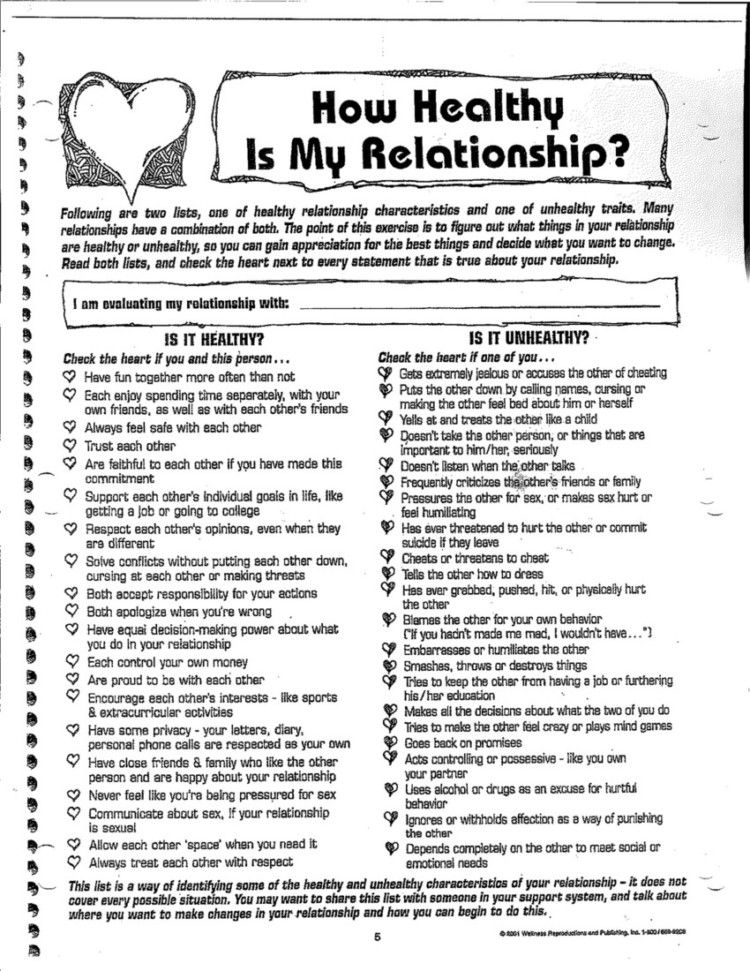 Why? Intimate relationships are based on honesty and openness. The trust that partners have in each other is the glue that binds the relationship, providing a positive emotional connection that’s rooted in affection, love, and loyalty.
Why? Intimate relationships are based on honesty and openness. The trust that partners have in each other is the glue that binds the relationship, providing a positive emotional connection that’s rooted in affection, love, and loyalty.
A common cause of trust issues is infidelity. If a partner in a relationship has an affair, the deception and betrayal of trust can be more damaging than the actual affair. The lying erodes the belief in the other person, and the reality is that the partner has another aspect of their life that they’ve kept secret. A person who didn’t develop trust as a child will feel especially vulnerable to infidelity and deception by somebody they loved.
Is Having Trust Issues a Mental Illness?Having trust issues as a singular issue isn’t a mental illness. However, it can be indicative of an actual mental health condition, particularly:
- Anxiety disorders, especially PTSD
- Borderline personality disorder (BPD)
- Paranoid personality disorder (PPD)
- Bipolar disorder I or II
These conditions may cause trust issues in relationships because of the way certain cognitive distortions, irrational beliefs, or mood swings may unrealistically change someone’s perception of reality and interpersonal relationships.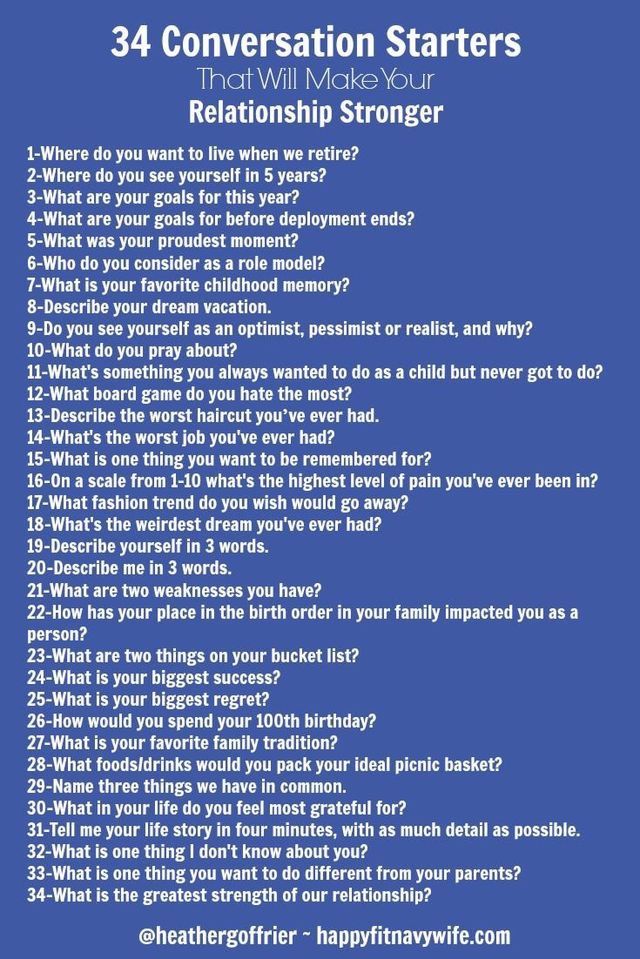 What can be particularly damaging, though, is when a person with a mental health condition that causes trust issues is hurt by a loved one’s deception. This can affirm their negative bias and make it even harder to emotionally and socially connect with other people, even if they desire to do so.
What can be particularly damaging, though, is when a person with a mental health condition that causes trust issues is hurt by a loved one’s deception. This can affirm their negative bias and make it even harder to emotionally and socially connect with other people, even if they desire to do so.
Pistanthrophobia is the fear of trusting people or forming significant relationships with them. While it’s not a recognized mental health condition in the DSM-5, pistanthrophobia, like other phobias, causes significant mental and emotional distress and usually detracts from the sufferer’s quality of life in a significant way.
Are Trust Issues a Red Flag?Trust issues can be a sign that someone has experienced a significant amount of trauma — but that doesn’t mean that they aren’t working through their past experiences. Trust issues in a relationship can be hard for both partners to overcome, but with adequate support and communication channels, people with trust issues can have healthy, successful connections with partners — that aren’t ruled by their past.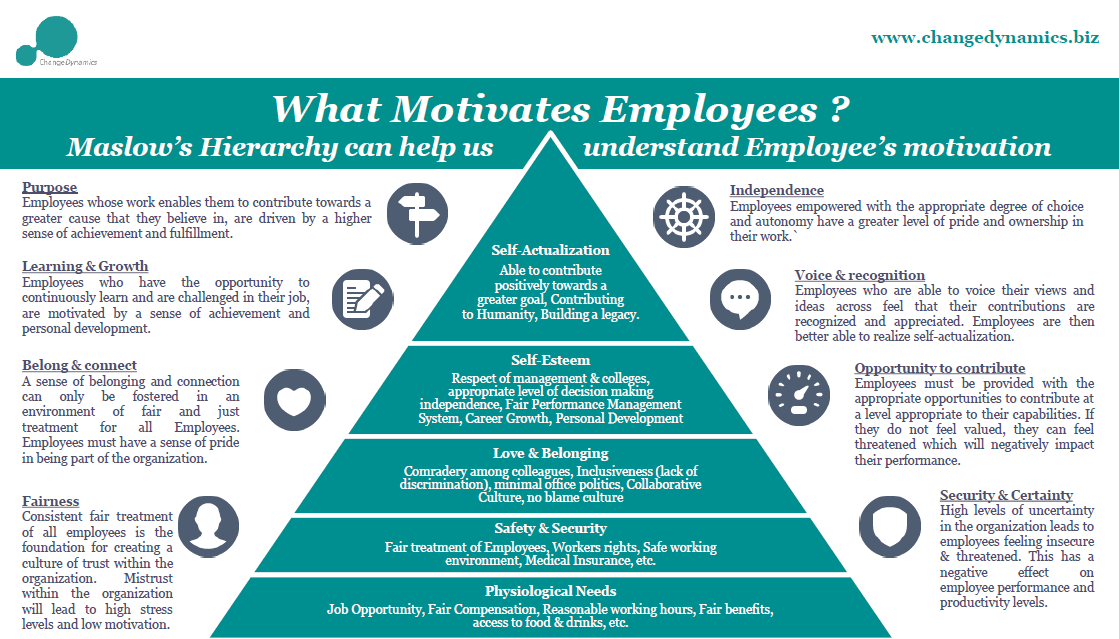
Dialectal behavior therapy (DBT) is an effective treatment method for people who are noticing continued trust issues in relationships. So for those wondering how to fix trust issues, finding a mental health professional that they can connect with and receive DBT from is the first place to begin. Partners can also benefit from couples or marriage counseling, where they’ll learn new ways to empathize, communicate, and resolve differences and conflicts.
But even before beginning counseling or another form of mental health treatment, there are smaller, personal ways in which someone with trust issues in a relationship can begin to find healing.
How to Get Over or Overcome Trust Issues: 8 TipsKnowing how to fix trust issues isn’t always simple. If you have trust issues and it’s hindering your ability to build happy, healthy relationships or it’s hindering your life in another way, then it’s time to make a change.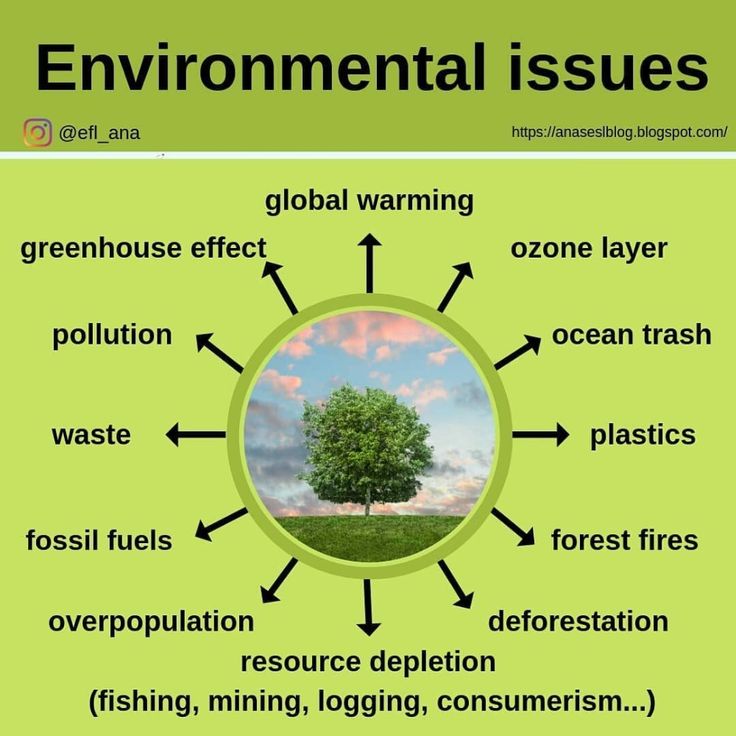 Follow these steps if you’re wondering how to fix trust issues and take your relationships to the next level.
Follow these steps if you’re wondering how to fix trust issues and take your relationships to the next level.
None of us are perfect — we let people down. Therefore, you must accept the risk that comes with trusting; the reality is that you’re going to be let down at some point or another. But that doesn’t mean your relationship with that person is or should be over. It’s about setting and communicating the right expectations as well as boundaries.
2) Learn how trust works.Some people trust until they have a reason not to — others don’t trust people until that trust is earned. It’s up to you if and when you choose to trust someone. It’s perfectly okay to wait for someone to earn your trust before deciding you can rely on them. Especially if you’re recovering from past betrayal.
3) Take emotional risks.At some point, you’ve got to just jump in head-first. Allow yourself to be vulnerable and choose to trust (whether it’s at the beginning of a relationship or after they’ve earned your trust).
Remember, trust issues often stem from a past betrayal. If you aren’t sure why you have trust issues, do some soul-searching. Think about any past experiences that may have caused your trust issues. It’s crucial that you understand why you’re scared and what you’re scared of, so you can move on. If you need help doing this, consider working with a counselor.
5) Communicate honestly and often.Poor communication is one of the main reasons that marriages and other relationships deteriorate. Do your part, and continue to be honest with the people in your life. Also, talk to them about your hesitancy to trust.
6) Be mindful of your relationships.Each one of your interactions works to build trust. Start tuning into these interactions and consider why someone (whether it’s your new doctor, partner, or co-worker) might deserve your trust.
7) Consider those you do trust and express your appreciation.
Friends and family members who have always been there are easy to take for granted unless you make a conscious effort to show them your appreciation. When you have a problem, those are the people you can trust to be a support network. In addition, you can learn a lot about who, what, why, and how you trust from these relationships.
8) Try and trust again.If you fail and resort back to distrusting tendencies, try again. Trust again. Keep putting yourself out there.
How to Overcome Trust Issues in a Relationship (And Learn to Love Again)
Chances are good that at some point in your life, you will experience betrayal by someone you love. In most instances, this is not intentional because as humans, we make mistakes.
How you and your partner handle the situation is key to your relationship’s survival.
Table of Contents
- The Importance of Trust in a Relationship
- What Causes Trust Issues in a Relationship?
- What If You Have Previous Mistrust Experiences?
- Take the Relationship Trust Quiz
- My Personal Experience With Trust Issues
- How to Bring Back Trust in Your Relationship
- Final Thoughts
- More Tips About Strengthening Your Relationship
The Importance of Trust in a Relationship
Trust is the act of placing confidence in someone or something else.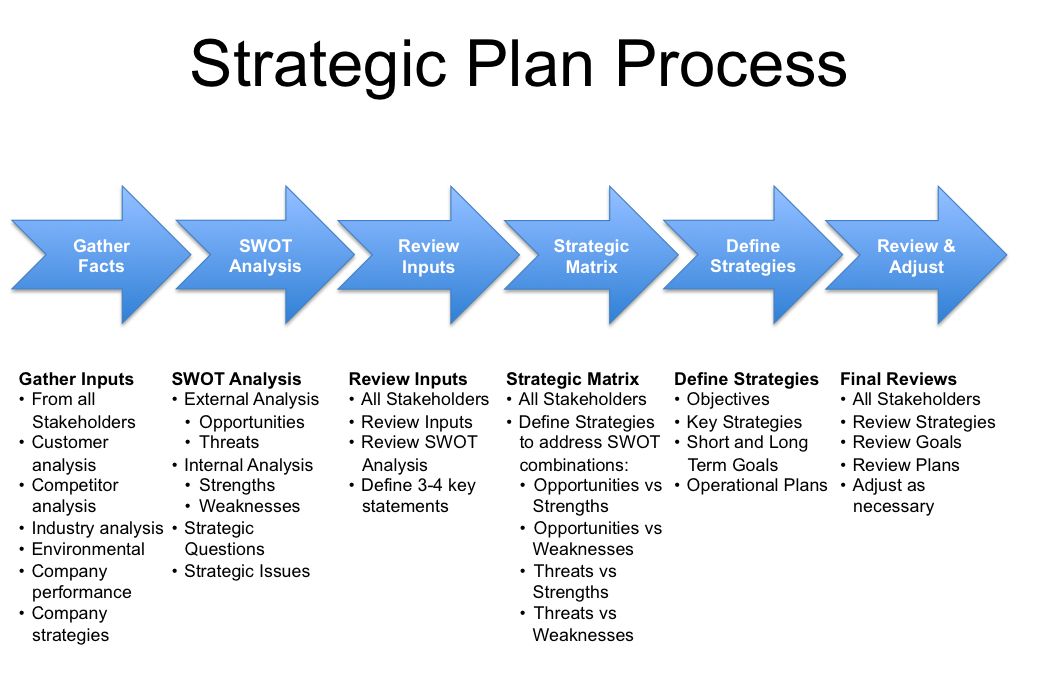 Trust is necessary for a relationship to thrive. Without it, fear rules.
Trust is necessary for a relationship to thrive. Without it, fear rules.
For a loving relationship to flourish, several aspects need to function optimally. One of the most important aspects is trust. When there are trust issues in a relationship it can create judgment and fear. Over time, suspicions and doubts about the relationship may grow.
To be truly happy in a relationship, both individuals involved must be able to trust each other. At the beginning of the relationship, there is usually a lot of excitement and small transgressions are easily forgiven and set-aside.
Once you get past the initial infatuation, however, and the relationship begins to blossom, you truly begin to learn where the relationship is headed, and a deep foundation of trust can begin to develop or diffuse.
Your subconscious will begin asking these questions:
Does this person honor what they say? Are they open about their feelings, even the negative ones? Do their actions match their words?
⌄ Scroll down to continue reading article ⌄
⌄ Scroll down to continue reading article ⌄
These questions can help you determine if they are someone you can fully trust.
What Causes Trust Issues in a Relationship?
If you have trust issues in your relationship, there are usually two places this can emanate from.
One is from an experience you had in a previous relationship that prevents you from trusting.
The second is when something has happened in your current relationship that has stirred mistrust in this relationship.
If your trust issues stem from a previous relationship, it is important to remember that no two relationships are the same. You cannot hold your current partner responsible for something that occurred in the past and something they had nothing to do with.
If your trust issues are due to your current partner creating mistrust in your relationship, this should be addressed head-on. You need to determine if you desire to move past the betrayal and work on your relationship.
If you both desire to work through things, it is worth a shot. If one or both of you is not interested in repairing the relationship, then there is not much you can do with that.
What If You Have Previous Mistrust Experiences?
Trust issues often come from early life experiences and interactions with our parents, siblings or guardians. These issues may originate as far back as childhood in the form of trauma at school with classmates.
⌄ Scroll down to continue reading article ⌄
⌄ Scroll down to continue reading article ⌄
They can stem from abuse, social rejection or just having low self-esteem. People with low self-esteem are less likely to trust others.
It may also stem from a previous romantic relationship that involved infidelity. Trust issues can be associated with depression, anxiety, fear of abandonment and attachment issues.
Take the Relationship Trust Quiz
Being open, honest, and trustworthy can help your relationship grow. These will also help you build confidence in each other. The key is to open your heart and authentically trust your partner.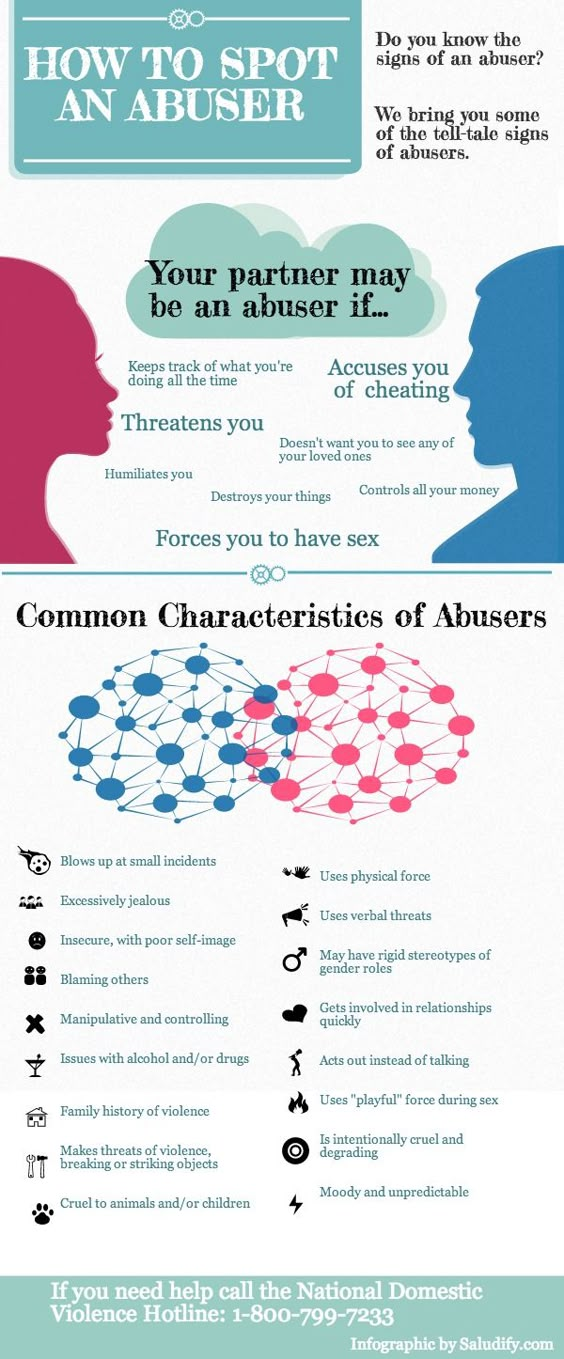
It is important to trust. If someone proves to be untrustworthy, then you can start to reevaluate your relationship.
Every relationship has its issues and challenges that push our buttons that arise during the relationship. The important key is to be proactive in addressing these issues and confront them head-on and find a resolution.
You can try taking this relationship trust quiz to help you reflect on yourself and current relationships.
My Personal Experience With Trust Issues
Have you ever wondered if friends of the opposite sex are okay? They are if you know how to set boundaries.
I had this issue come up within our relationship and had to do a reality check. A year into our relationship, my partner had a secret friend of the opposite sex. It was an emotional relationship and not a physical one, but it was on a slippery slope.
⌄ Scroll down to continue reading article ⌄
⌄ Scroll down to continue reading article ⌄
It could have ended our relationship, but fortunately for us, we were both able to move past it.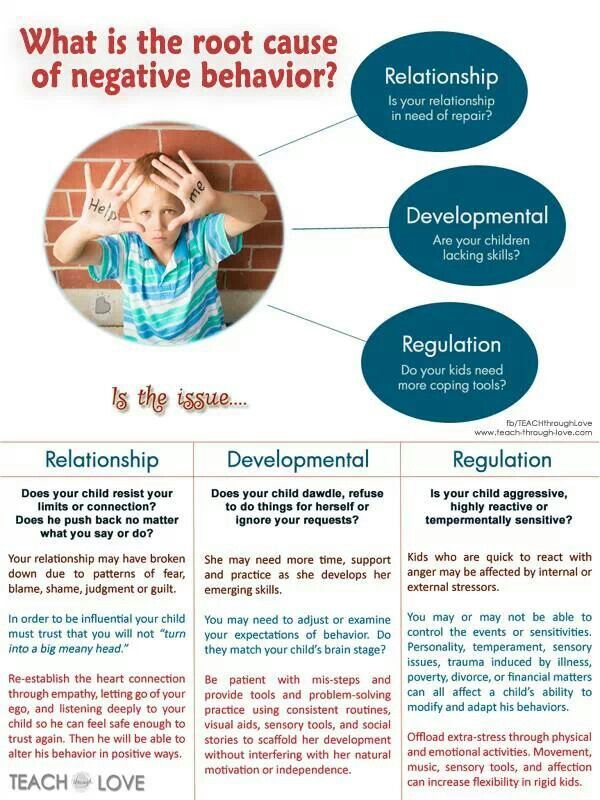 Our relationship became stronger than ever because we are both committed to us being together.
Our relationship became stronger than ever because we are both committed to us being together.
The shift for us was when I found this blog from First Things First. They list some great questions about what is healthy and what is not. When I read them out loud to my partner, it was a huge wake-up call, and he realized how he had stumbled down a dangerous path and hurt me.
Luckily for us, there was a huge shift. We met with an Emotionally Focused Therapist (EFT) and addressed the issue head-on rather than shoving things under the carpet.
For the first few months after this occurred, I did not trust him 100%, even though he said he was committed to us and our relationship.
One of my favorite quotes is by President Ronald Reagan:
“Trust but verify.”
So, while I am not proud that I did check up on him for the first few months, it did allow me to get the reassurance that I needed. It helped me realize that he was true to his words, and I learned to trust him again.
Now, after several years, there are times that something will come up that makes me cock my head – like what a dog does when they hear something. It is something that I am aware of may come up again due to my experience in this relationship.
⌄ Scroll down to continue reading article ⌄
⌄ Scroll down to continue reading article ⌄
Our relationship has been changed forever by this experience, but in many ways, it has become stronger and has helped strengthen our bond.
I learned to trust again, and you can, too.
If you have doubts about fidelity in your relationship, you may find yourself having a tough time trying to believe or understand your partner’s actions. They may be constantly trying to convince you of their loyalty.
How to Bring Back Trust in Your Relationship
Here are some ways to bring back trust in your relationship.
- Open Your Communication.
 Lack of communication can cause irreparable harm in a relationship, especially if you are relying on “hope” to magically erase issues and to go away. That simply is not going to happen. Sharing how you feel authentically is important.
Lack of communication can cause irreparable harm in a relationship, especially if you are relying on “hope” to magically erase issues and to go away. That simply is not going to happen. Sharing how you feel authentically is important. - Share Secrets With Each Other. Having secrets just between the two of you can strengthen your bond. Remind each other with words and deeds to express how much you mean to each other.
- Make Sure Your Partner Knows Your Inner Circle. This will make them feel that they belong, and this can increase your bond and ease any insecurities.
- Try to see things from their perspective. If they are not feeling comfortable trusting you fully, put yourself in their shoes to see what you can do to alleviate their concern.
- Seek therapy if needed. Find someone you can talk to individually and together to get to the bottom of your trust issues so that you move on with your life.

Final Thoughts
In the book, Not Just Friends: Rebuilding Trust and Recovering Your Sanity After Infidelity, Shirly Glass mentioned that it is normal to be disoriented and confused for some time after infidelity.
Movies or songs may trigger you and electrify the incident. Betrayed partners cannot seem to stop obsessing about the incident until they have all the answers, and this can take months.
Forgive the pain, but remember the lesson. Things will never be the same again when betrayal has occurred, but you can still heal and have a happy trustworthy relationship with time.
It is possible to rebuild trust in a relationship after it is broken if both partners are interested in fixing the relationship and moving forward. The key is for both individuals to open fully and communicate their feelings and realize that time heals all wounds.
⌄ Scroll down to continue reading article ⌄
⌄ Scroll down to continue reading article ⌄
Also, seek the counsel of a trusted therapist. It is ok to get help. You will be glad you did.
It is ok to get help. You will be glad you did.
More Tips About Strengthening Your Relationship
- How to Regain Broken Trust in a Relationship
- What You Really Need to Feel Secure in a Relationship
- 15 Ways to Rebuild a Broken Relationship
Featured photo credit: Joanna Nix via unsplash.com
Where trust problems come from in relationships and how to get it back
October 11, 2021 Relations
Apologizing doesn't always make it right, and the process of rebuilding trust can take months or even years.
Strong relationships are always built on trust. It doesn't matter how willing we are to open up to other people. If trust is lost, our inner sense of security is threatened. We begin to doubt ourselves and our partner, his honesty, feelings, motives, actions.
Lies and secrets affect relationships not only with a partner, but also with family, friends, close people. We start building walls of distrust, hoping to protect ourselves. But this is not the only problem.
But this is not the only problem.
How trust problems manifest
Distrust
We find it difficult to open up to others for several reasons.
If a person has experienced betrayal in a past relationship, he may be especially prone to distrust others. Unprocessed anger and pain can make us look for a double bottom where there is none, or subconsciously attract unreliable partners.
Sometimes distrust starts in the family. If relatives abuse alcohol or drugs, or there are a lot of secrets in the family about which they lie and are silent, the child may stop trusting not only parents, but also his own understanding of reality.
Usually dad and mom don't talk about what's going on in the hope of protecting the children. But everything is quite the opposite - a lie confuses a child who feels that adults are not saying something.
Sometimes parents deliberately hide the truth, trying to impose their own vision of the situation or hide guilt and shame for what happened.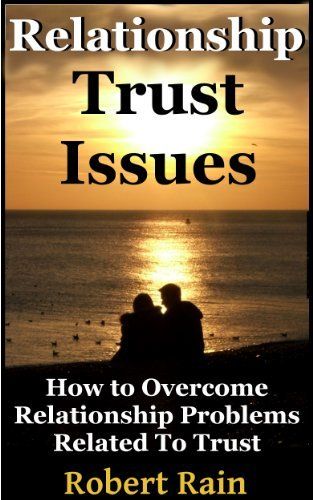 Some fathers and mothers may even blame children for family failures. Such situations further undermine the child's trust in the world around him.
Some fathers and mothers may even blame children for family failures. Such situations further undermine the child's trust in the world around him.
At the same time, even the most seemingly small things can negatively affect the understanding of trust — when parents do not keep their promises, do not pick up the child from kindergarten or school on time, and come up with a constantly changing system of punishments.
Indifference, betrayal in the family, physical or emotional abuse - all this also undermines the inner sense of trust in the world.
Excessive trust
The encounter with abuse and psychological trauma lead not only to distrust, but also to excessive trust. Some people even experience both of these scenarios.
There are other factors that cause a person to trust others too much, and which can manifest themselves both separately and together. Among them are the idealization of a partner, dependence on relationships or the desire for them to be trusting.
Despite the fact that the family can seriously undermine trust, the childish desire to open up to others does not go anywhere. This subconscious yearning for truly meaningful relationships leads the person to project trust onto the wrong people in an attempt to create an almost familial feeling of intimacy.
Add to this relationship addiction and a desire for care, and here we are already denying obvious arguments and signals and doing our best to continue to believe in a person who constantly undermines our trust.
In addition, when parents deny the reality of the child, he ceases to pay attention to his feelings and intuition. All this leads to excessive trust, especially in relation to loved ones.
How to regain the trust of a loved one
Unfortunately, you can't go into the past and change family relationships. But if we have betrayed or violated the trust of a person dear to us, it is still possible, although difficult, to turn the tide. The main thing is to approach the issue as gently and accurately as possible.
Broken trust cannot be restored by simple apologies, and explanations and excuses can even worsen the situation. There are seven steps you can take to try to rebuild a close relationship:
- Listen carefully to your partner.
- Let his feelings go through you.
- Ask what can be done to never betray his trust again.
- Try to do everything possible to regain the trust of a loved one.
- Take responsibility for your actions: do not blame others and do not ignore problems.
- Sincerely apologize.
- Continue to have an open and honest dialogue.
The last point is especially important. It is worth asking your partner how best to make amends and what to do so that this situation does not happen again. These questions will help your loved one feel that their emotions and needs are being respected.
When it comes to serious betrayal, you will have to discuss the relationship and decide if it can be saved and how to do it.
If it is not possible to restore trust through dialogue, the problem recurs, or the matter concerns infidelity, it is worth contacting a specialist. It will help partners open up to each other and find the source of the problem. Seeking help outside of a relationship is not a weakness. On the contrary, it shows a willingness to work on the union and strengthen it.
Loss of trust is a real test for a relationship. At first, it may seem that the partner has forgiven and everything has returned to normal. In fact, a loved one may still be tormented and worried about what happened. It can take months or even years to fully heal. Be there and help a loved one heal wounds.
Read also 🧐
- 10 tips to strengthen relationships
- How to forgive a loved one and start trusting him again
- Why we don't trust people and should we start
Five steps to trust in a couple
In 40 years of practice, psychology professor John Gottman has observed more than 3000 couples in his Love Lab. He found that the main problem in marriage is trust.
Couples in which partners trust each other understand that a strong marriage does not develop by itself. Relationships need to be worked on. In such alliances, partners show that they value each other. They take pride in the talents and achievements of the other. Day after day, they do not get tired of repeating "I love you" and even in the midst of a conflict, they try to take the place of a partner. They empathize with each other, even if they disagree on something, and support each other, no matter what happens.
Every day of living together gives us the opportunity to get closer to our partner or move away from him. If you repeatedly turn away from your loved one, then the trust in the relationship is slowly and surely destroyed, and you begin to focus on each other's shortcomings. You forget what you previously valued and admired, and gradually slide into the trap of "negative comparison."
From now on you compare your spouse with other people, real or imagined. You think, “I deserve better,” stop caring about relationships, criticize your partner instead of supporting him, and cultivate resentment instead of gratitude.
Earning trust and loyalty requires deliberate effort. Here are five ways to help strengthen relationships.
Make concessions
Concessions are the basis of long-term relationships. Observing newlyweds in the lab, Gottman found that couples who subsequently managed to save their marriage agreed 86% of the time, while those who eventually divorced made concessions only 33% of the time. If your attempts fail - it happens in any relationship - try to correct the mistakes. Remember that working on mistakes is the secret weapon of couples with high emotional intelligence.
Get rid of negative thoughts
According to a study by psychologists Elizabeth Robinson and Gale Price, negative thoughts prevent us from noticing half of the steps that a partner takes towards us. In such a situation, building trust is difficult.



